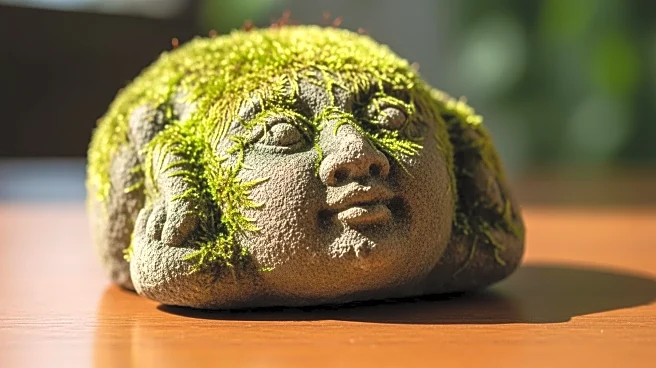What's Happening?
A recent study by evolutionary anthropologists Colin Shaw and Daniel Longman suggests that chronic stress in modern life is due to a mismatch between our biological evolution and rapid technological and environmental
changes. The study highlights that humans are biologically suited to natural spaces rather than urban environments. Modern stressors such as work deadlines, traffic noise, and artificial light are putting our bodies on constant alert, akin to facing predators in ancestral times. This constant state of stress is linked to cognitive decline, autoimmune diseases, and reduced fertility rates. The researchers advocate for preserving green spaces in urban areas to mitigate these effects and improve mental and physical health.
Why It's Important?
The findings underscore the importance of addressing chronic stress as a public health issue. The study suggests that the urban lifestyle, characterized by constant stressors, is detrimental to human health, leading to various diseases and mental health issues. By understanding the biological roots of stress, policymakers and urban planners can prioritize the integration of natural spaces in cities to promote well-being. This research could influence public health strategies and urban development policies, aiming to reduce stress-related health problems and improve the quality of life for city dwellers.











